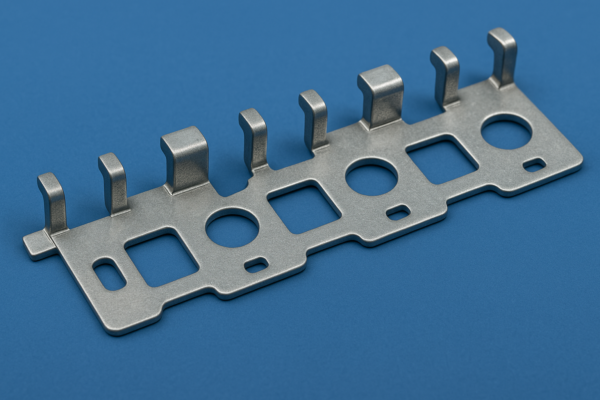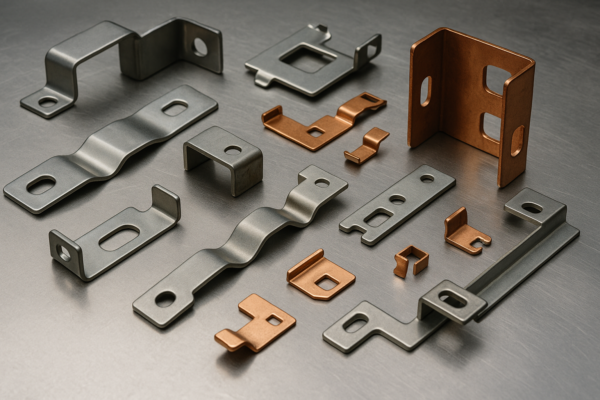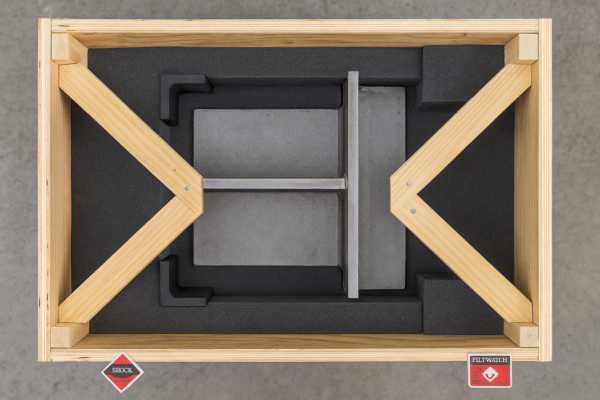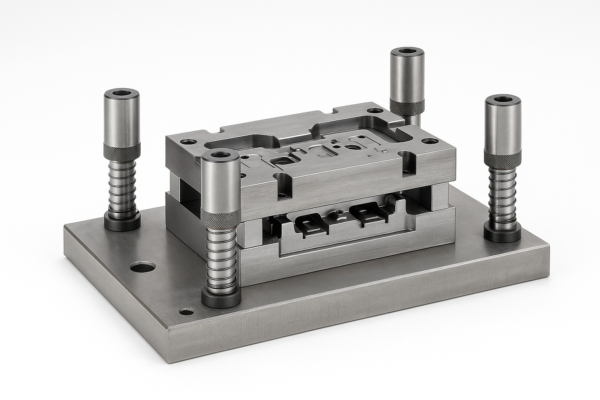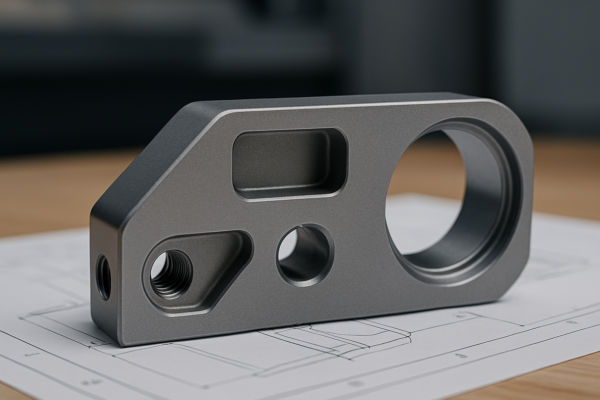What Are Stamped Parts Used For? The Hidden World of Pressed Metal
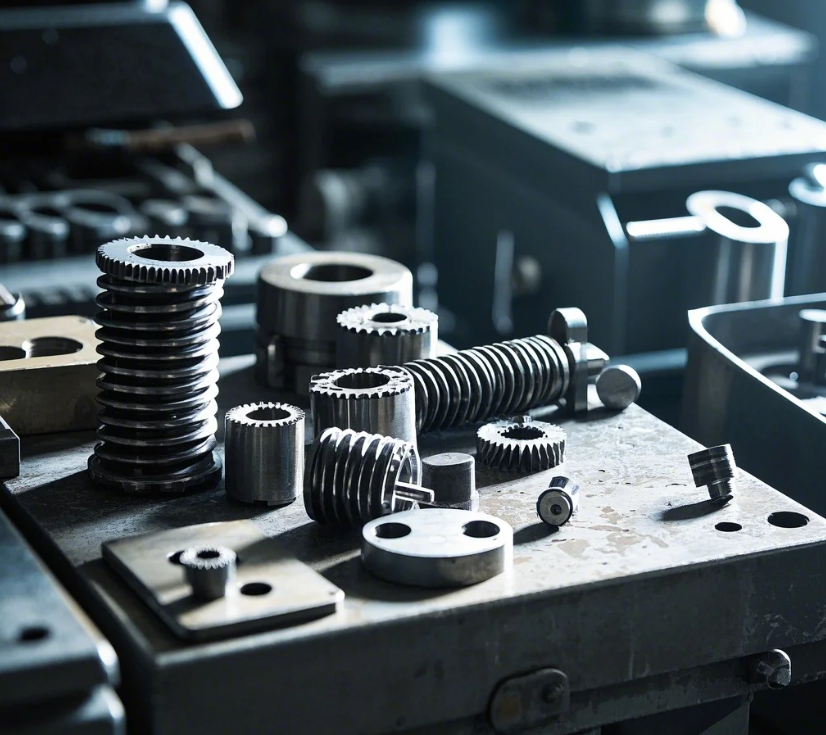
Modern manufacturers deploy stamped metal parts in 93% of durable goods – our Prime facility alone produces over 500 distinct components daily, from micro-battery contacts to truck chassis beams, demonstrating stamping’s unmatched versatility across industries.
Snippet paragraph: Stamped parts serve critical functions in automotive (body panels, engine mounts), electronics (connectors, shielding), appliances (washing machine drums), and medical devices (surgical tool components) due to their precision, strength consistency, and cost-efficiency at high volumes.
Your smartphone likely contains 15+ stamped parts you’ve never noticed – let’s explore their invisible ubiquity.
Why Are Stamped Parts Everywhere in Vehicles?
Automakers favor stamping for mass production reliability.
Snippet paragraph: The average car uses:
- 300-400 stamped steel parts (54% of body weight)
- 85+ aluminum stampings (hoods, trunk lids)
- 0.5-3mm thickness range with ±0.1mm tolerances
- 7-15 progressive dies per vehicle model
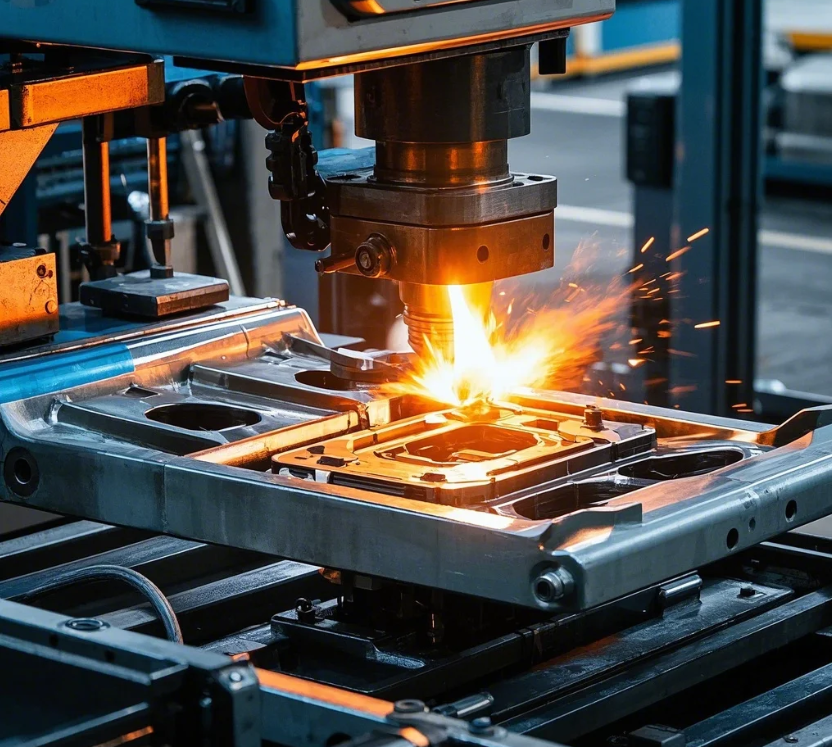
Key Automotive Stamped Components
| Vehicle System | Critical Stampings | Material | Annual Volume |
|---|---|---|---|
| Body-in-White | Door panels, roof skins | DP600 Steel | 500k+ per model |
| Chassis | Control arms, crossmembers | HSLA 340 | 1M+ sets yearly |
| Powertrain | Oil pans, transmission plates | Aluminum 5052 | 750k units annually |
| Electrical | Battery contacts, fuse boxes | Copper C11000 | 3M+ daily |
Case Study: Our stamped door hinges withstand 100k open/close cycles without failure.
How Do Electronics Depend on Micro-Stamping?
Precision stamping enables modern device miniaturization.
Snippet paragraph: Essential electronic stampings include:
- SIM card trays (0.2mm stainless steel)
- EMI shields (0.15mm nickel silver)
- Battery terminals (0.3mm phosphorus bronze)
- Connector pins (0.25mm brass with ±0.01mm tolerance)
Electronics Stamping Specifications
| Component | Tolerance | Surface Finish | Production Speed |
|---|---|---|---|
| Smartphone antenna | ±0.03mm | Ra 0.2μm | 1,200 ppm |
| Laptop hinge | ±0.05mm | Ra 0.4μm | 800 ppm |
| PCB shield | ±0.1mm | Ra 0.8μm | 2,500 ppm |
| USB-C port | ±0.01mm | Ra 0.1μm | 900 ppm |
Yield Stat: Our micro-stamping processes achieve 99.92% first-pass yield on 0.4mm contacts.
Why Do Appliances Rely on Stamped Parts?
Durability and cost drive appliance specifications.
Snippet paragraph: Major appliance applications:
- Washer drums (430 stainless, 1.2mm thick)
- Refrigerator shelves (powder-coated steel)
- Oven cavities (aluminized steel)
- Blender blades (403 stainless, HRC 52 hardness)
Appliance Stamping Requirements
| Appliance | Critical Stampings | Key Specs | Annual Demand |
|---|---|---|---|
| Washing machine | Spin basket | 0.5mm hole pattern ±0.2mm | 2M units |
| Refrigerator | Door liner | 0.8mm deep draw 8:1 ratio | 3.5M units |
| Microwave | Cavity assembly | 0.6mm steel with 3D forms | 4.2M units |
| Air conditioner | Heat exchanger fins | 0.15mm aluminum with louvers | 18M units |
Efficiency Note: Our stamped drum components reduce washing machine vibration by 40%.
What Medical Applications Use Precision Stamping?
Sterilizable metals meet strict biomedical standards.
Snippet paragraph: Medical grade stampings require:
- 316LVM stainless (ASTM F138 compliant)
- Electropolishing to 0.1μm Ra finish
- Cleanroom production (Class 8 ISO certified)
- Full traceability (lot-controlled materials)
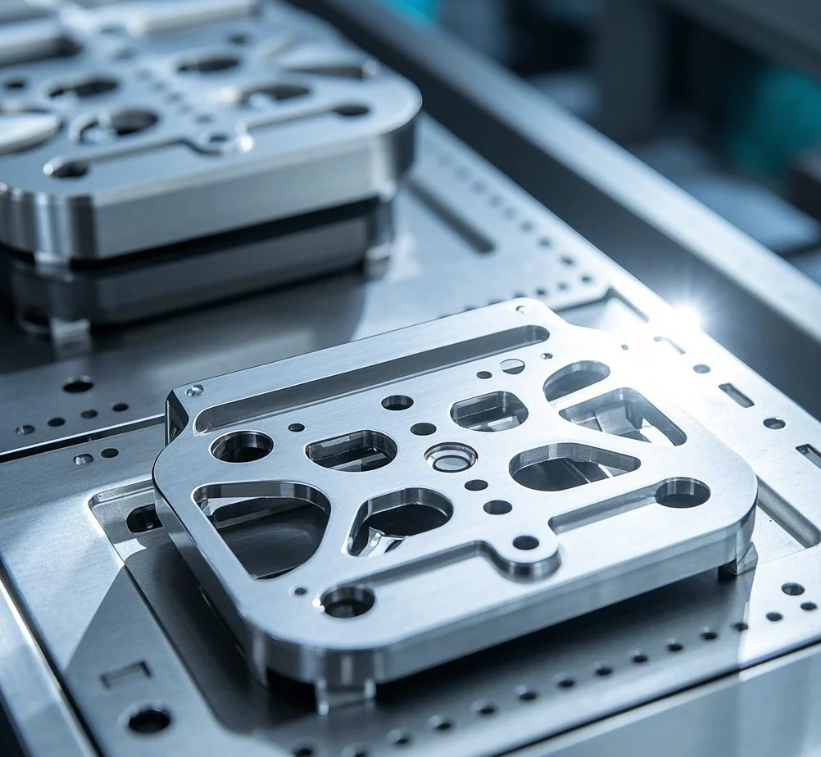
Surgical Stamping Applications
| Device Type | Stamped Component | Tolerance | Material |
|---|---|---|---|
| Orthopedic tools | Bone rasp teeth | ±0.005mm | 17-4PH Stainless |
| Dental implants | Abutment interfaces | ±0.003mm | Grade 5 Titanium |
| Surgical staplers | Magazine feed rails | ±0.01mm | 455 Stainless |
| Needle holders | Jaw serrations | ±0.008mm | 420 Stainless |
Validation: Our medical stampings pass 100% helium leak testing at 10⁻⁹ atm·cc/s.
How Does Industrial Equipment Use Heavy Stamping?
Robust components withstand decades of service.
Snippet paragraph: Industrial stampings feature:
- 10-12mm thick plates for crane components
- 200+ ton press capacities for mining equipment
- Wear-resistant coatings (HVOF tungsten carbide)
- 300+ MPa tensile strength steels
Heavy Industrial Stamping Examples
| Sector | Component | Press Tonnage | Annual Wear Life |
|---|---|---|---|
| Agricultural | Combine harvester blades | 1,200 tons | 8,000 acres |
| Construction | Excavator bucket teeth | 2,500 tons | 12,000 hours |
| Oil & Gas | Valve bodies | 800 tons | 25-year service |
| Power Gen | Turbine shrouds | 1,600 tons | 100k operating hrs |
Durability Data: Our stamped wear parts last 3x longer than cast equivalents in mining.
What Emerging Technologies Need Advanced Stamping?
Innovation drives new material and tolerance demands.
Snippet paragraph: Next-gen applications include:
- EV battery trays (2mm aluminum with cooling channels)
- 5G antennas (0.15mm Kovar® RF shields)
- Spacecraft panels (0.3mm titanium with -60°C to 300°C stability)
- Hydrogen fuel cells (0.1mm stainless bipolar plates)
Future Stamping Requirements
| Technology | Material Challenge | Tolerance Needed | Production Volume |
|---|---|---|---|
| Solid-state batteries | 0.05mm lithium foils | ±0.002mm | 500M units/year |
| Medical robotics | Nitinol shape memory alloy | ±0.005mm | 20k units/year |
| Fusion reactors | Beryllium copper seals | ±0.001mm | 5k units/year |
Development Note: We’re pioneering laser-assisted stamping for ultra-high-strength steels.
How Do Consumer Goods Utilize Decorative Stamping?
Aesthetics meet functionality in daily products.
Snippet paragraph: Artistic stamping creates:
- Luxury watch cases (0.01mm engraving depth)
- Designer hardware (24k gold-plated surfaces)
- Architectural panels (3D textured finishes)
- Coinage blanks (150+ ton coining pressure)
Decorative Stamping Techniques
| Finish Type | Tooling Method | Surface Detail | Applications |
|---|---|---|---|
| Mirror polish | Diamond-turned dies | Ra 0.02μm | Jewelry, trophies |
| Brushed texture | EDM-textured inserts | 0.1mm line patterns | Appliance panels |
| Embossed logos | Laser-engraved punches | 0.3mm relief depth | Branded accessories |
| Anti-fingerprint | Micro-dimple patterns | 5μm cavity spacing | Electronics cases |
Quality Standard: Our decorative stampings pass 10x magnification inspection.
Conclusion
From the car you drive to the phone in your pocket, stamped components form the hidden backbone of modern civilization, combining mass production efficiency with microscopic precision across every industry sector – this unassuming manufacturing process delivers everything from life-saving medical devices to Mars rover components with unwavering consistency and cost-effectiveness.

